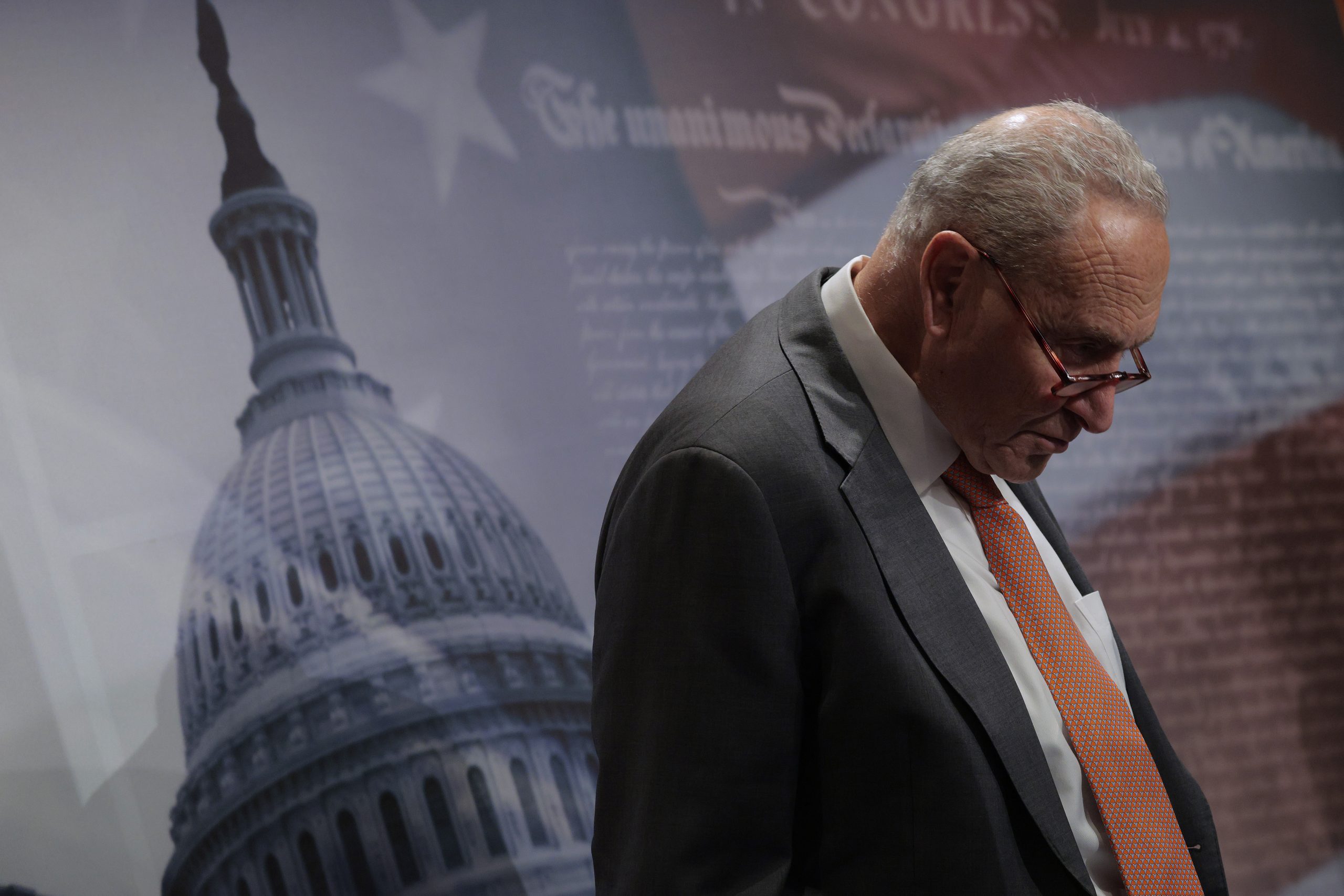Trump’s Escalating Power Grab: A Threat to Democratic Norms
Donald Trump’s presidency has been marked by a consistent pattern of actions that undermine democratic norms and institutions. While accusations of authoritarian tendencies have been levied since his election, recent events paint a concerning picture of an increasingly concentrated power base and disregard for established checks and balances. This isn’t simply partisan bickering; it’s a systemic erosion of the principles upon which American democracy is founded.
Pretextual Investigations and Selective Justice:
The Trump administration’s use of investigations against political opponents is a hallmark of this trend. These probes, often lacking in transparency and driven by partisan motives, appear designed to intimidate critics and silence dissent. This contrasts sharply with the principles of due process and fair play central to a functioning democracy. Simultaneously, the granting of pardons and honors to individuals with histories of violence sends a chilling message, suggesting loyalty trumps accountability.
Erosion of Checks and Balances:
Trump’s actions extend beyond targeted investigations. His attempts to circumvent Congressional authority on spending, his firing of federally protected civil servants, and his assertion of federal control over local law enforcement represent a blatant disregard for the separation of powers. These actions are not isolated incidents; they represent a deliberate strategy to consolidate power and weaken institutional safeguards against executive overreach. The unilateral nullification of congressionally mandated spending, for instance, sets a dangerous precedent, potentially crippling essential government functions and eroding public trust.
The Threat to the Rule of Law:
The Trump administration’s behavior toward the judiciary and legal system is further cause for alarm. Allegations of attempts to extort favorable media coverage and pressure law firms into providing pro bono services highlight a disregard for the independence of these institutions. This undermines public confidence in the integrity of the legal system and the impartial application of the law. Similarly, the deportation of long-term residents without due process represents a severe breach of fundamental legal rights.
Conclusion: A Turning Point for American Democracy?
The cumulative effect of these actions is deeply troubling. While political polarization is a persistent feature of American politics, the current situation represents something more serious – a concerted effort to dismantle the very mechanisms that protect democracy. The question is not merely about partisan politics; it’s about the future of American democracy and the preservation of its core principles. Whether these actions constitute a full-blown assault on democratic norms or a temporary aberration is a matter of ongoing debate and rigorous analysis. However, the potential consequences for the future of American governance are undeniably significant. The ongoing scrutiny from Congress, the media, and the judiciary will be vital in determining the ultimate trajectory of this alarming trend. The American public, too, must remain vigilant in upholding the principles of democracy and holding its leaders accountable.
Based on materials: Vox





